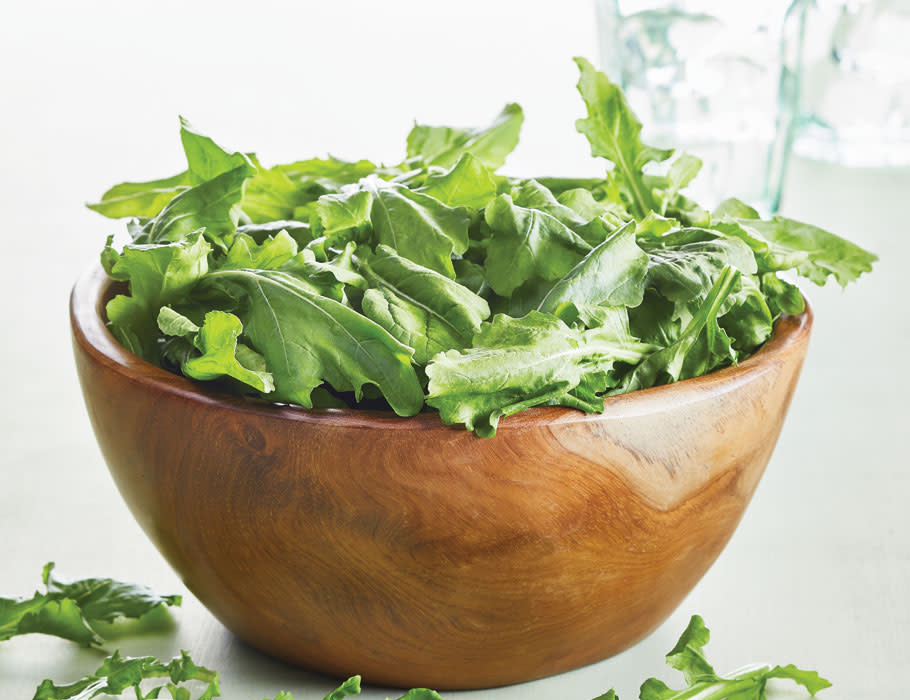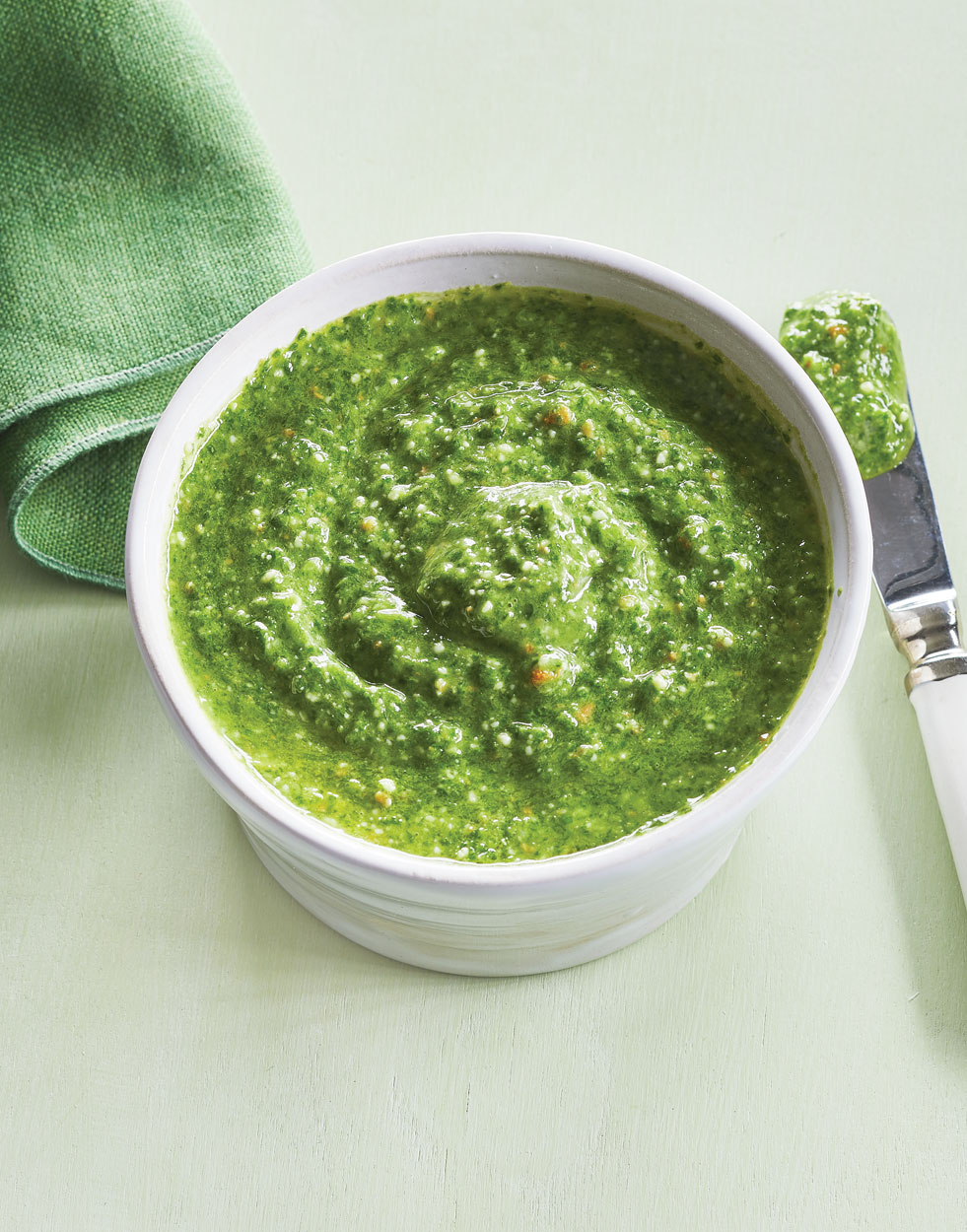All About Arugula
While arugula may get passed off as just some fancy lettuce, beneath its mundane exterior lies a plethora of vitamins, minerals, and antioxidants just waiting to do a body good. Here is everything you need to know about arugula, from what it is and how to prep and store it to the health benefits of this leafy green.

(Note: This post contains affiliate links. As an Amazon Associate, we earn from qualifying purchases made through affiliate links.)
WHAT IS Arugula?
Arugula (also called rocket, roquette, rucolo depending on where you live) is a tender, leafy green with a pungent, peppery bite primarily used fresh in salads. This lesser known cruciferous vegetable belongs to the Brassicaceae (mustard) family, which also includes broccoli, cauliflower, and Brussels sprouts. Though arugula will always have a distinctive bite, hotter weather and more mature plants yield spicier arugula, while cooler growing conditions and younger plants yield milder greens.
Arugula Season
Though arugula can be found year-round in bags or boxes, look for bunches of arugula during its official seasons — late spring and early fall. Arugula is relatively easy to grow, so buy some arugula seeds and give it a try! You'll have fresh arugula at your fingertips all season long.
How to Choose Arugula
Look for smooth, even-colored, vibrant green leaves. Arugula that has started to yellow, looks wilted, leathery, or has holes or tears is past its prime.
How to Prep Arugula
Since arugula grows in sandy soil, be sure to wash it thoroughly in a few changes of water before eating to avoid grittiness. Even better, use your handy salad spinner to rinse, drain, and dry fresh arugula.
How to Store Arugula
Rehydrate bunches of arugula in cool water, then dry in a salad spinner. Store arugula loosely in a plastic bag, separated by layers of paper towels. Or store arugula, stems down, in a tall glass or vase of water, covered with a plastic bag. Since arugula is highly perishable, use it within a couple of days of purchasing.
Health Benefits of Arugula
As a part of the Brassicaceae family of cruciferous vegetables, it’s no surprise arugula is teeming with health benefits. Its sulfur-containing compounds, called glucosinolates, contain potent anti-carcinogenic properties, and are shown to have anti-inflammatory, antibacterial, and antiviral effects throughout the body. Arugula is rich in folic acid and the antioxidant vitamins K, A, and C, plus it contains helpful amounts of the minerals potassium, calcium, iron, magnesium, and phosphorous. And, unlike many other leafy greens, arugula is low in oxalates, which means you’re better able to absorb the variety of nutritious minerals it has to offer.
Want more? Here are some of our favorite arugula recipes
Product Recommendations
Interested in cooking? Need some supplies?
Check out some of the tools we like. All products featured on Cuisine at Home are independently selected by our editors; we may earn an affiliate commission from qualifying purchases through our links.

